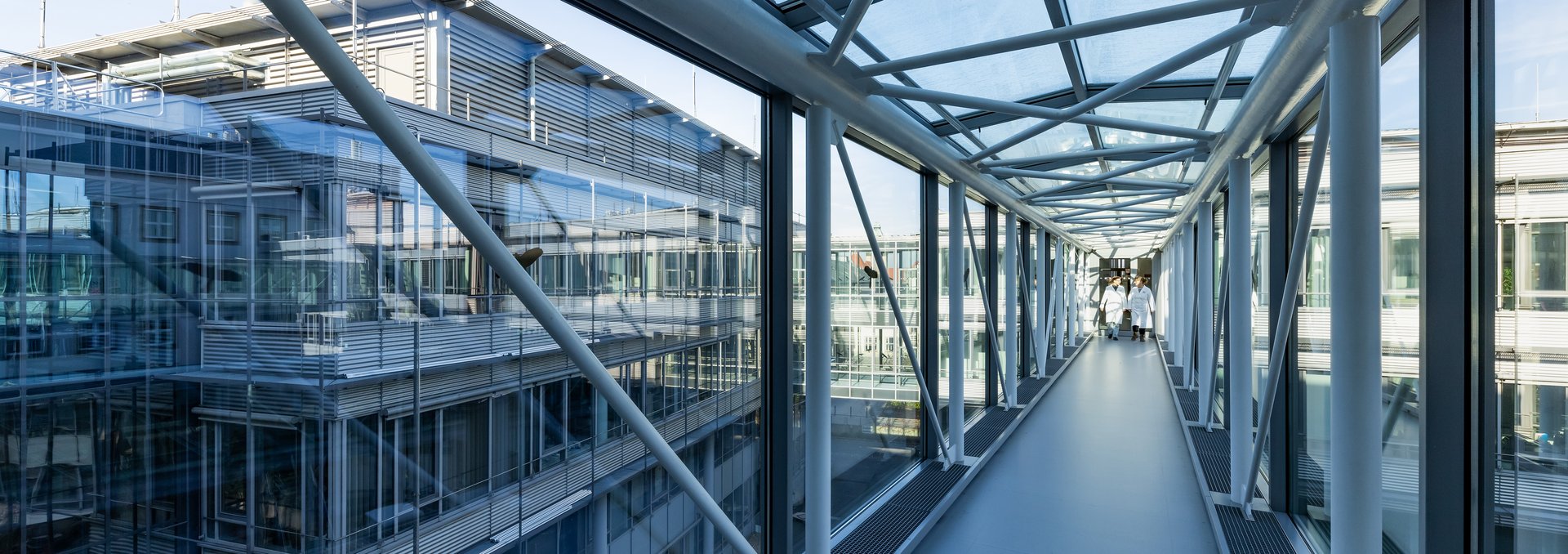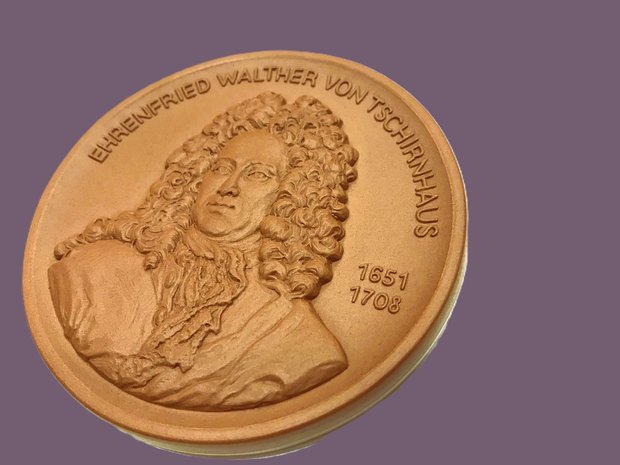
Training of young scientists is one to our core tasks of IFW. About 120 doctorate students are working on their theses at IFW. They are strongly involved in the scientific work and contribute substantially to the institute’s scientific output. The IIFW runs an ambitious PhD program which combines outstanding basic science education with training in state-of-the-art experimental techniques and theoretical methods.The IFW supports doctoral students in achieving their qualification goals quickly and with the best possible results through the following measures:
The IFW follows the Leibniz Association's Guidelines on Career Development. In line with these recommendations, the IFW has formulated its own principles for the supervision of doctoral candidates.
The doctoral program must take place at a university. IFW Dresden has cooperation agreements with Dresden University of Technology and TU Bergakademie Freiberg, and jointly appointed professors who supervise doctoral students.
In addition, there are international cooperation agreements for so-called cotutelle programs, in which IFW doctoral students are jointly supervised at two universities. This means that, upon successful completion of the PhD program, an equivalent academic degree is obtained at each of the two universities. Such cotutelle agreements exist with Charles University in Prague, the University of Amsterdam, and the University of Genoa. Admission to the doctoral program and the doctoral procedure are governed by the respective doctoral regulations of the universities.
At the beginning of the research work, a doctoral agreement must be concluded between the doctoral candidate and the supervisor.
The agreement contains provisions for the doctoral candidate and the supervisor, in particular regarding the start of work and the submission of the dissertation, the preparation of expert opinions, and other conditions of the doctorate, such as an approximate timetable and important milestones.
Duration: The academic work on the doctoral project, including the preparation of the dissertation, should be completed within three years. An extension of the doctoral period for family-friendly reasons is possible. A detailed work plan should be drawn up together with the supervisor during the first three to six months. Work reports may be requested by the supervisor at intervals of six to twelve months. Reports must be commented on by the supervisor. The opportunity for a detailed discussion of work progress should be offered and utilized at least once every three months.
Doctoral students are to present the status of their work regularly in PhD seminars. These weekly seminars also provide training in subject-specific publication and presentation techniques as well as scientific exchange with other PhD students.
Doctoral students are encouraged to participate in international conferences to present their work in posters and lectures. The necessary travel expenses are covered by the IFW. Participation in structured graduate programs, training courses, and initial involvement in teaching are also recommended and supported.
At the beginning of their scientific work, doctoral students are introduced to the rules of good scientific practice by their supervisors. Scientific results obtained during the doctoral program are to be published in international, peer-reviewed journals. The IFW and the doctoral supervisors are committed to ensuring that the personal research achievements of doctoral students are recognized as such by the scientific community.
Salary: PhD students' salaries are governed by the federal wage agreement known as the Tarifvertrag der Länder (TV-L). PhD candidates at IFW are employed at an average of 67% of an E13 position. It is also possible to work on a doctoral thesis at the IFW with a doctoral scholarship from a sponsor.
The doctoral period is primarily intended for academic qualification. Doctoral students are integrated into the IFW's research groups and receive individual support from experienced scientists. The supervising scientists guide the doctoral candidates at regular intervals and discuss the status of their work, interim results, and the next steps on a regular basis.
Doctoral seminars are held weekly at the IFW. These serve as a forum for scientific discussions and professional exchange. At the same time they offer doctoral candidates the opportunity to present their own research, discuss it, and learn from each other. Additonally, doctoral students practice their lecturing, language, and presentation skills.
IFW doctoral candidates are given the opportunity to participate in international conferences, present their own work, and network with the specialist community.
At the beginning of their scientific work, doctoral candidates are introduced to the rules of good scientific practice. Scientific results from the doctoral period should be published in international, peer-reviewed journals. Teaching scientific writing skills is part of academic supervision, but also takes place in special courses.
In order to successfully complete the doctoral phase and prepare specifically for the next step in your career, you also need to develop interdisciplinary skills and key qualifications, such as scientific writing, communication, presentation techniques, research data management, application strategies, project management, etc. IFW doctoral students have access to the programs offered by the Graduate Academy of TU Dresden for this purpose.
In addition, the IFW organizes an annual IFW Doctoral Student Day and other events with workshops on developing interdisciplinary soft skills. The most important training ground for these skills is involvement in the interdisciplinary and international research activities of the IFW.
IFW doctoral students elect sevral PhD speakers who represent the interests of this staff group towards the IFW institutes and the Executive Board.
IFW Phd students can contact the IFW ombudsmen for Good Scientific Practice with any questions regarding their supervision, particularly in the event of disagreements with their supervisor.
In addition, the Works Council and the Scientific-Technical Council are available to doctoral students as contact persons and participation bodies.
Doctoral students of all Leibniz instituts have founded the Leibniz PhD Network which provides a broud multidisciplinary exchange platform for doctoral researchers of the Leibniz Association, not only on their research but also on topics of societal and political relevance.

Doctoral students who have completed their doctoral thesis at the IFW with the highest grade of “summa cum laude” are honored with the Tschirnhaus Medal of the IFW Dresden. In the past 5 years (2021-2025), the Tschirnhaus Medal has been awarded 21 times.
We offer PhD works in the fields of physics, chemistry, materials sciences and electrical engineering. Usually, open positions evolve from our ongoing research activities and are filled on the short term. We therefore invite applicants at any time to submit their CV and a description of their research interests directly to one of the five Institutes Directors of IFW:
PhD students at the IFW are mainly enrolled at the Technische Universität Dresden. Therefore PhD applicants have to meet the entrance criteria of the university which include an excellent academic track-record.